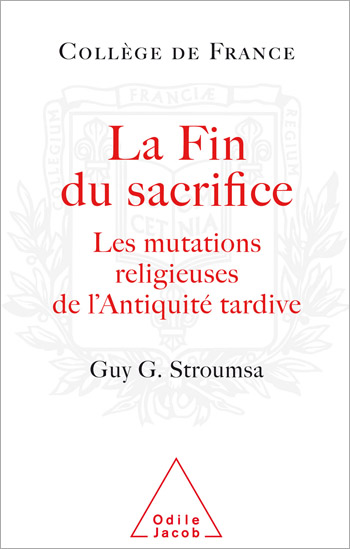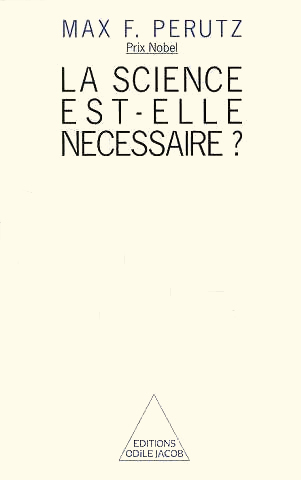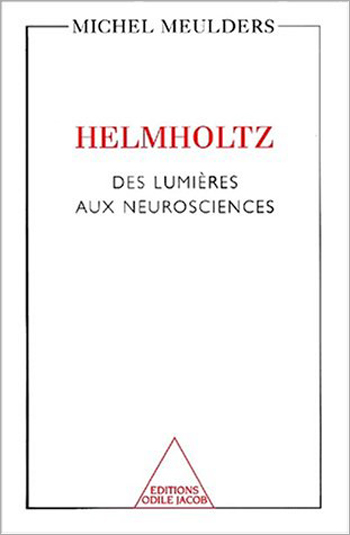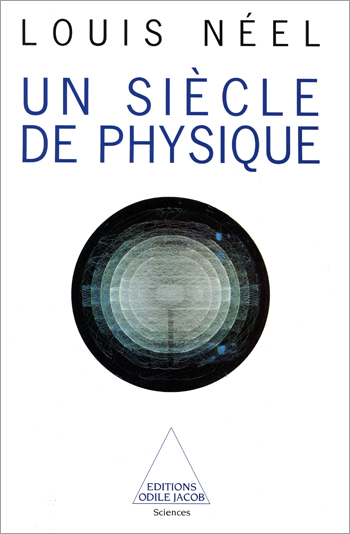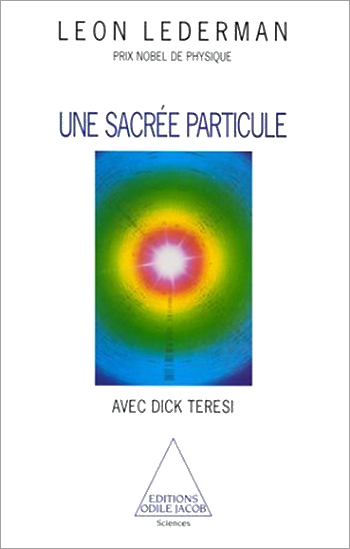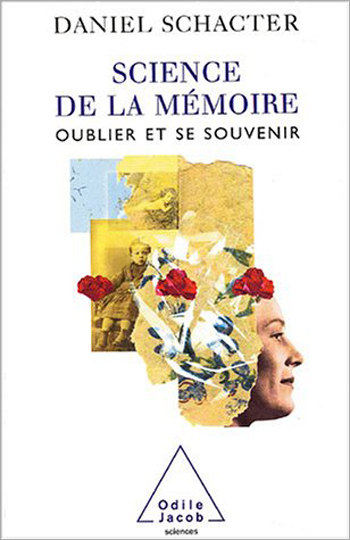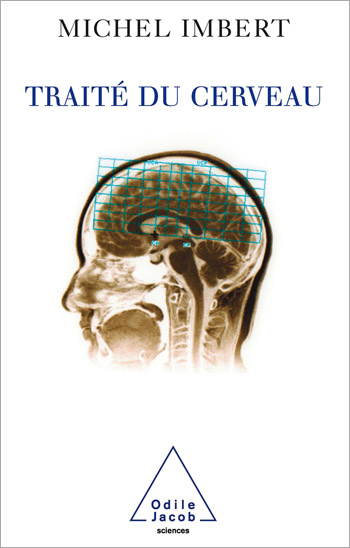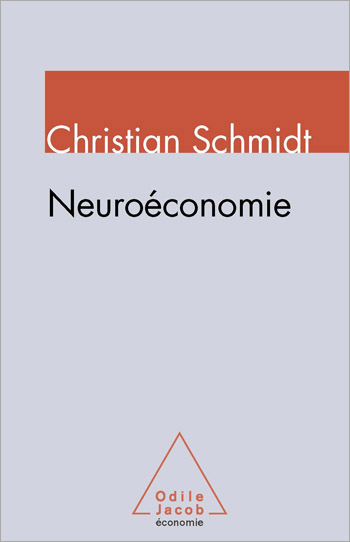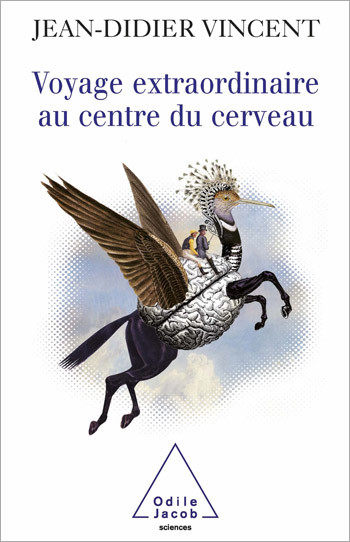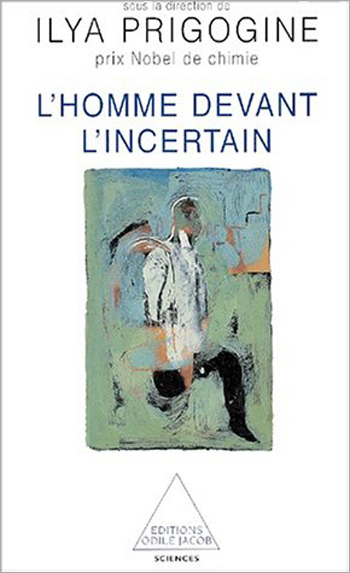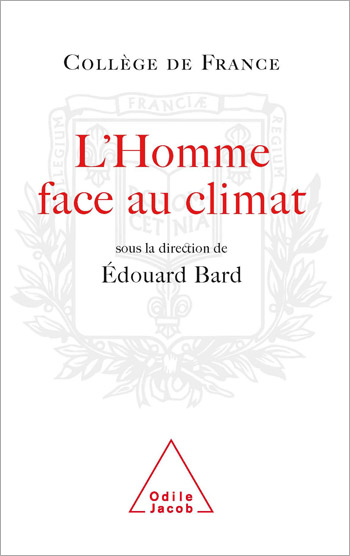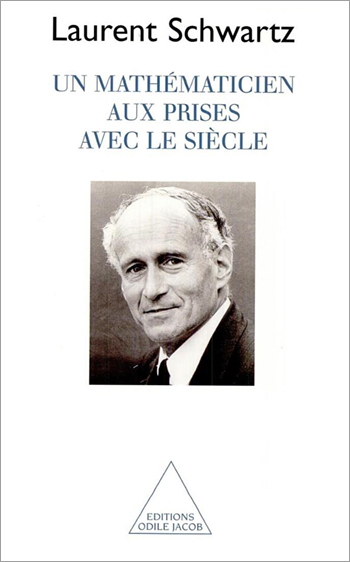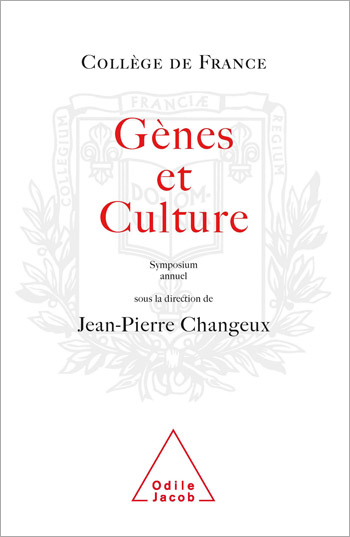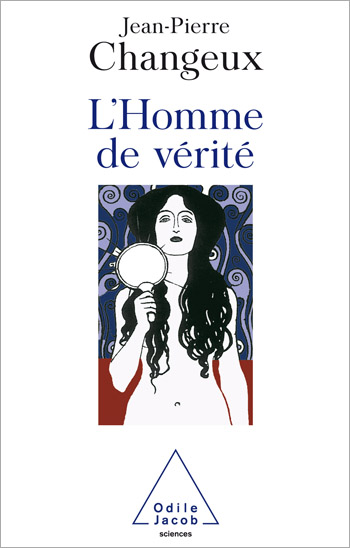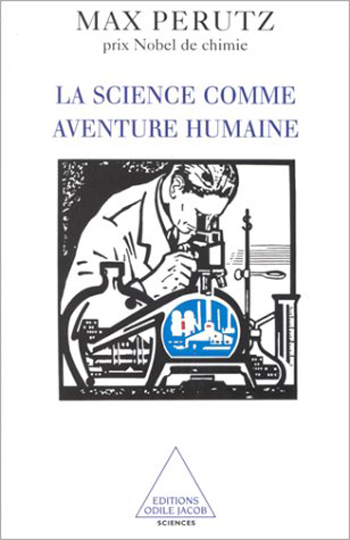Science All books
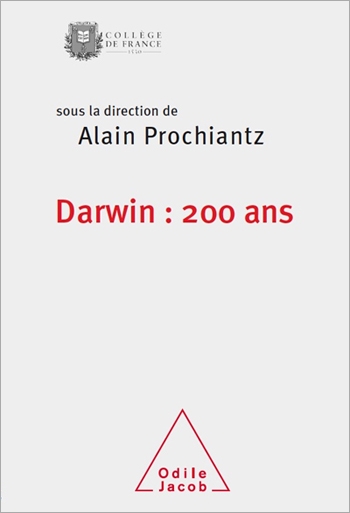
Alain Prochiantz
Darwin: 200 Years
More than an homage to a great scientist, this book, written by eminent specialists, is a perfect introduction to understanding the impact of Darwinism on contemporary thinking and science
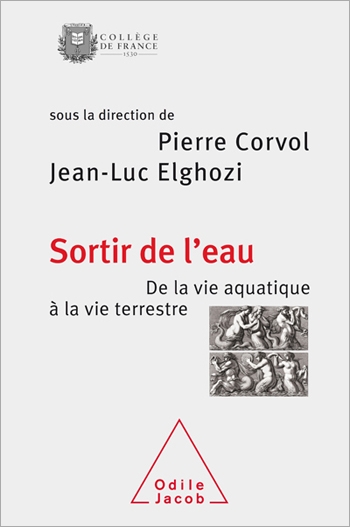
Pierre Corvol, Jean-Luc Elghozi
Coming Out of the Water From Aquatic Life to Land Life
An in-depth study of a crucial evolutionary phase, written by eminent specialists
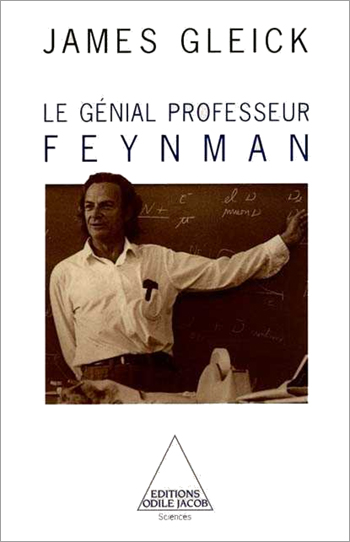
James Gleick
Genius: Richard Feynman and Modern Physics
Richard Feynman, Nobel Prize winner for his work on the description and calculation of interactions between particles, was a genius of our time. Quantum physics theoretician, enfant terrible of the Manhattan project and ascerbic critic of the investigative committee of the American space shuttle, Feynman left a profound impression on modern physics. James Gleick, a former journalist at The New York Times and author of the best-selling Chaos Theory, tells how Feynman's ideas were formed and how he reinvented particle physics. Through this portrait, Gleick explores the nature of genius itself and provides insight about the fascination that it engenders.
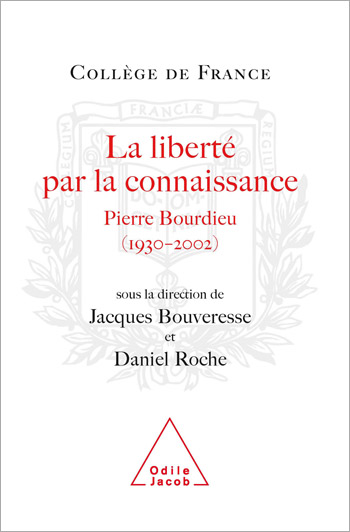
Jacques Bouveresse, Daniel Roche
Freedom Through Knowledge: Pierre Bourdieu, 1930-2002 (Travaux du Collège de France)
Gathered in this volume are the texts of lectures given in memory of Pierre Bourdieu at an international colloquium held on 26-27 June 2003 and jointly organised by the Collège de France and the Ecole Normale Supérieure, with the backing of the Hugot Foundation.
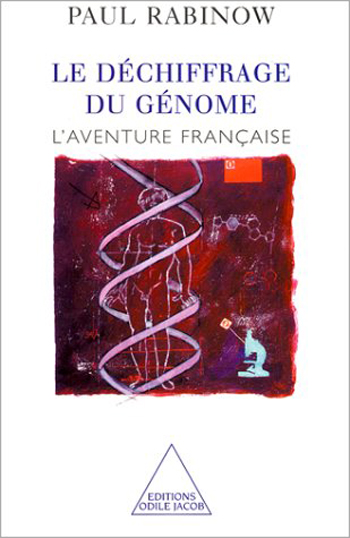
Paul Rabinow
French DNA: Trouble in Purgatory
This book offers some surprising viewpoints: an anthropologist tells the story of the human genome sequencing project; a scholar of the humanities follows the crisis between a French laboratory, the Centre dÉtude du Polymorphisme Humain (CEPH), and a U.S. rival; an American intellectual describes the politics within the French scientific community. This exceptional survey of the most recent research trends and of the state of international competition in the field of genetic research gives us a notion of how our future health care is being prepared. Paul Rabinow teaches anthropology at the University of California at Berkeley.
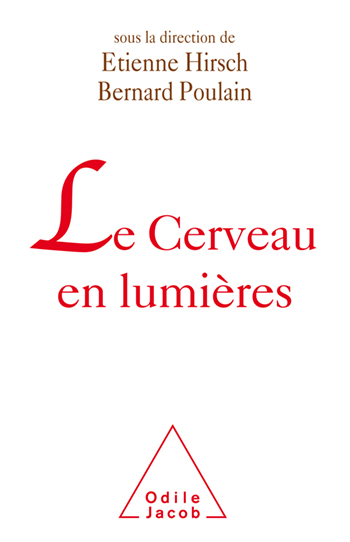
Bernard Poulain, Etienne Hirsch
Frontiers in the Neurosciences
Along with Étienne Hirsch and Bernard Poulain, thirty prestigious contributors present an assessment of what the neurosciences will be in twenty years.
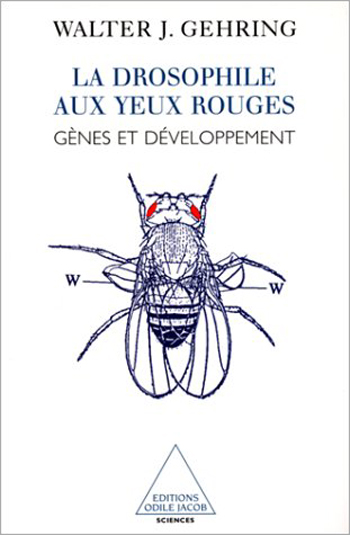
Walter J. Gehring
Master Control Genes in Development and Evolution: The Homeobox
What can be more amazing than an embryos development? How do the cells know that the eyes go on the face and not on a leg or some other part of the body? And why does this information sometimes go awry giving rise to a deformed creature? Walter J. Gehring, a renowned specialist in the genetics of embryonic development, traces recent developments in the field. Walter J. Gehring teaches cellular biology at the University of Basle, Switzerland.
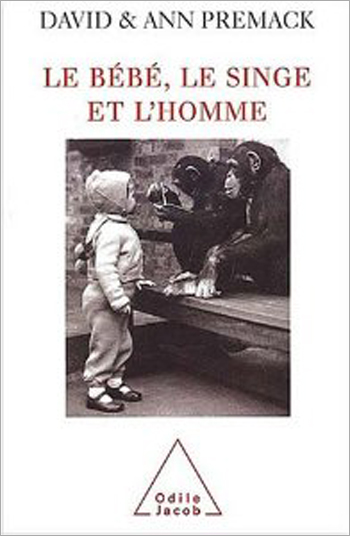
Ann Premack, David Premack
The Baby, the Ape and Man
The issue of the differences and similarities between humans and their cousins the chimpanzees governs the definition of human identity. How can this difference be explained? By studying the learning process of chimpanzees and comparing it to that of children, Ann and David Premack were gradually able to discover a series of differences, none of which were radical but when put together showed a yawning gap between the two species. The results they obtained enabled them to reconstruct little by little the sum of the differences that make up human identity. Ann and David Premack are specialists in the study of primates.
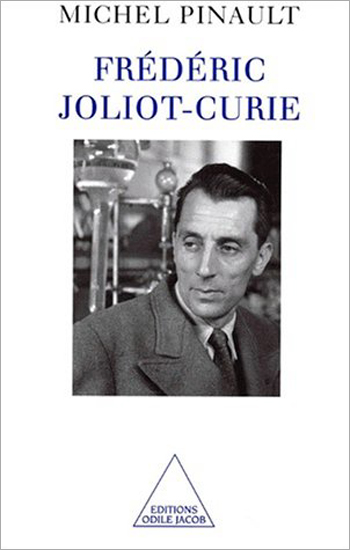
Michel Pinault
Frédéric Joliot-Curie
This is the first biography of Frédéric Joliot-Curie, the founder of French nuclear research and winner of the Nobel Prize for Chemistry in 1935. For many, he represents the political commitment of French intellectuals in the struggle against Fascism in the twentieth century. His life illustrates the transition from traditional science, limited to the world of academia, to Big Science, with major national and international repercussions. Michel Pinault holds an agrégation and a doctorate in history from the University of Paris I.
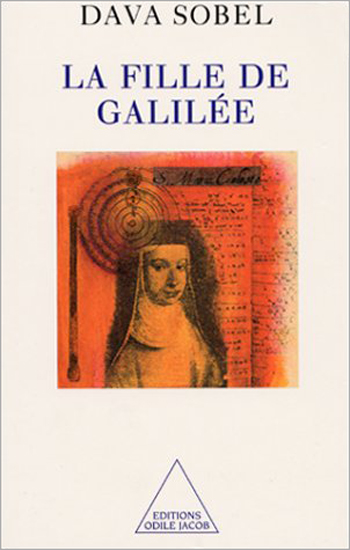
Dava Sobel
Galileos Daughter
This is a most unusual biography about Galileos daughter. Galileo Galilei (1564-1642) was regarded by Albert Einstein not only as the father of modern physics but as the father of all modern science. His eldest child, Virginia, mirrored Galileos own brilliance, industry and sensibility, and by virtue of these qualities became his confidante. Their correspondence, reproduced throughout the book, reveals their intense relationship, based on tender attachment and intellectual stimulation. The little-known life of Maria Celeste gives a human dimension to one of the major seventeenth-century scientists. His struggle with the Church is a lasting symbol of the conflict between science and religion. Galileos Daughter offers a powerful account of papal Rome and of Florentine intellectual life during the time of the Medicis. Dava Sobel is a writer who lives in New York
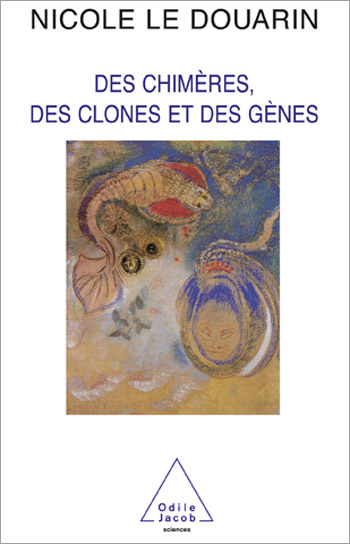
Nicole Le Douarin
Dreams, Clones and Genes
This book affirms that we are at the dawn of a new type of medicine which will no longer be concerned only with palliative measures and repairs, but will also be capable of regenerating diseased tissues via the introduction of embryonic cells. This major upheaval will oblige us to reconsider the meaning of the individual and of life itself. Nicole Ledouarin teaches at the Collège de France.
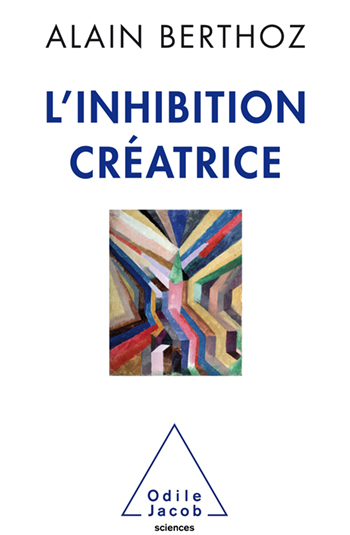
Alain Berthoz
Creative Inhibition To act is also to inhibit
A neglected concept, inhibition holds the key to our individual and social behaviors. A broad bio-sociological panorama for observing human behavior with fresh eyes.
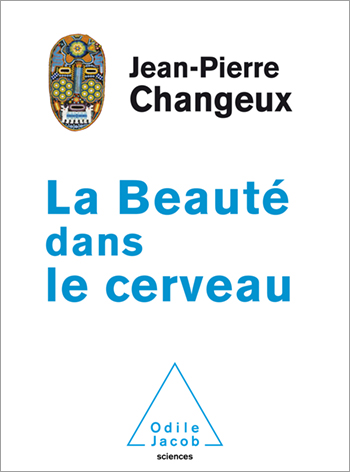
Jean-Pierre Changeux
The Beauty in the Brain
"Jean-Pierre Changeux is one of those rare spirits who both challenge and unify." A text containing ideas that are entirely new. Illustrated with many original case studies from the arts and sciences.
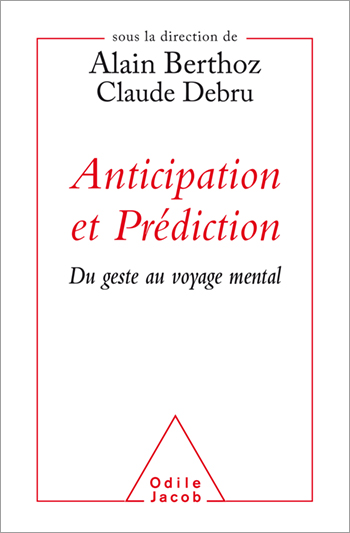
Alain Berthoz, Claude Debru
Anticipating and Predicting A Colloquium — From Thought to Mental Journey
What are the psychological and neurobiological mechanisms that enable humans to anticipate events and actions?
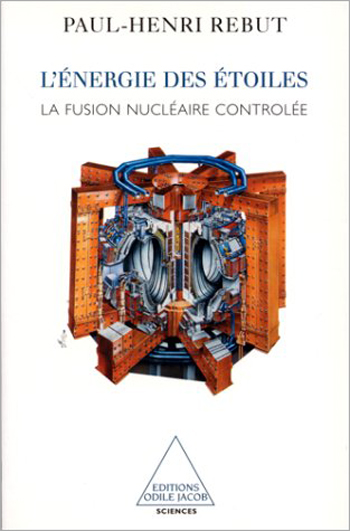
Paul-Henri Rebut
Energy of the Stars Controlled Nuclear Fusion
Nuclear fusion can be likened to God or the devil. Out there among the stars, it is godlike, creating atoms and giving birth to life. But down below, on earth, nuclear fusion is the devil: it has been used to make bombs that can annihilate everything, including all forms of life. Now that the devil of thermonuclear destruction seems to have been locked back in its box, nuclear fusion kept under tight control in civil reactors offers the hope for long-term economic development. Isnt it the only inexhaustible, non-polluting form of energy that offers no limits except that of human technical knowledge? Paul-Henri Rebut is a member of the Academy of Science.
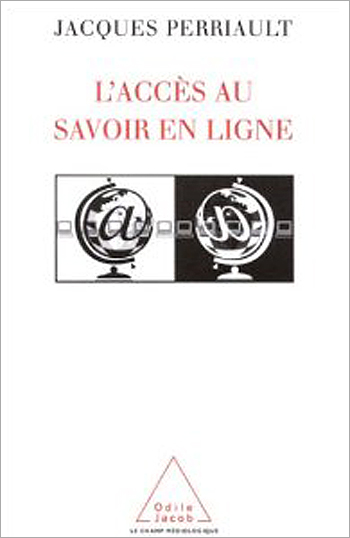
Jacques Perriault
Access to Online Knowledge
It is now possible to research and organise information and study online, through the Internet and with the help of satellites. However, the euphoric claims made for e-learning in the past, and the posturing strategies of telecommunications operators, were followed by a profound feeling of disillusion. What is the digital future ? What role can it play in education ? What measures need to be put in place in order to ensure long-lasting development ? Jacques Perriault teaches media and communications studies at the University of Paris-X-Nanterre.
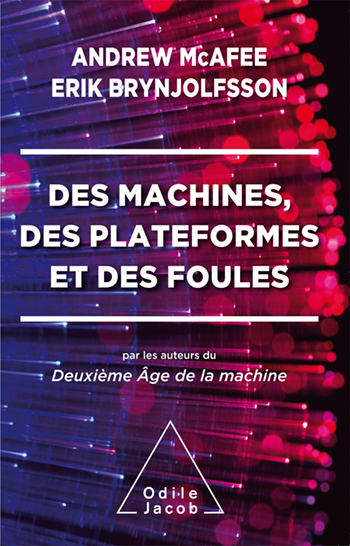
Erik Brynjolfsson, Andrew McAfee
Machine, Platform, Crowd: Harnessing Our Digital Future
How does the digital revolution enable a new integration between the human mind and machines?

